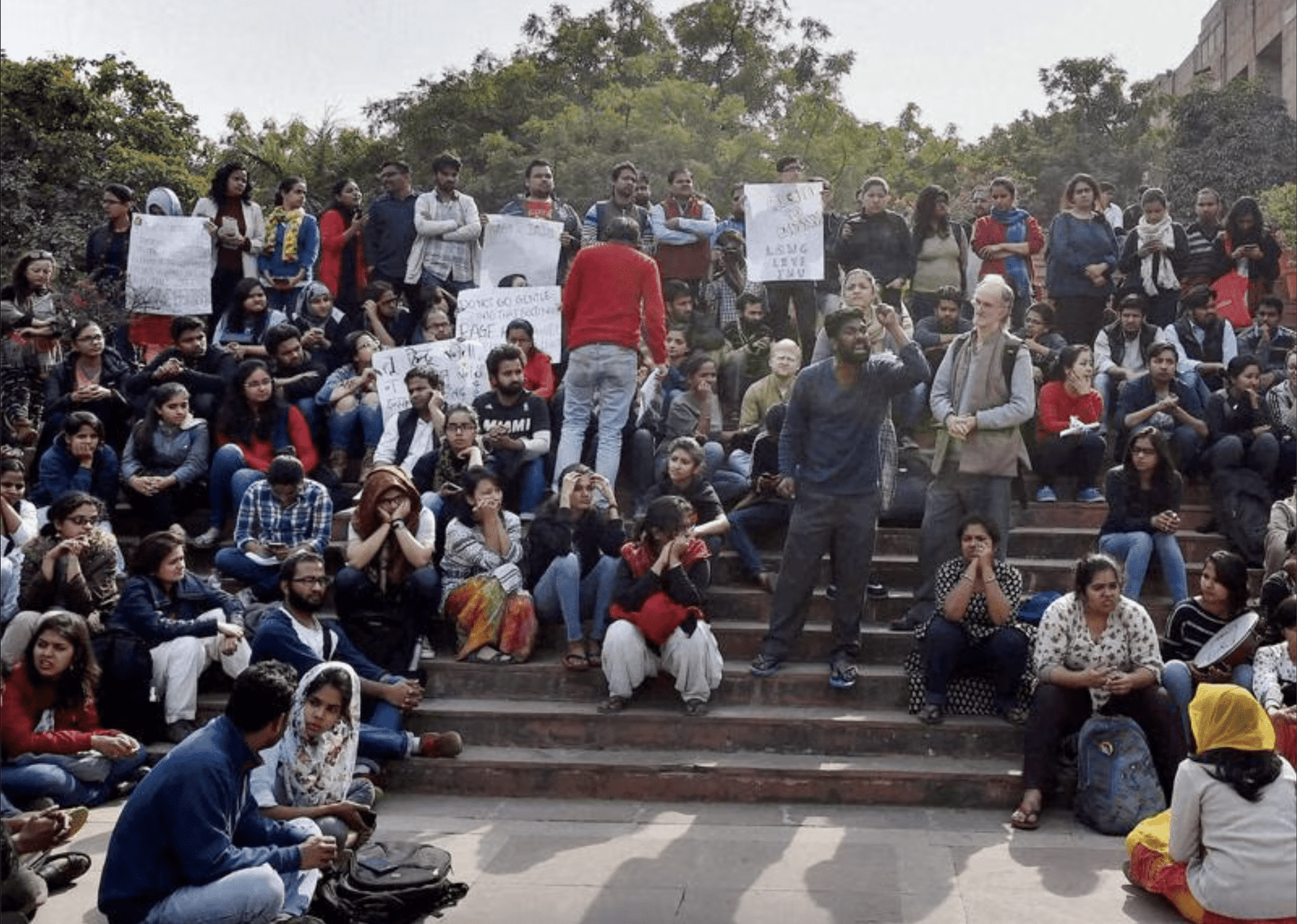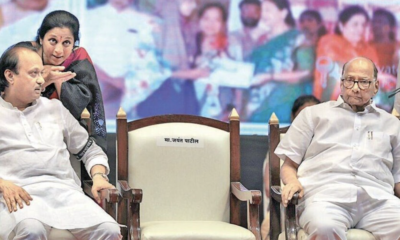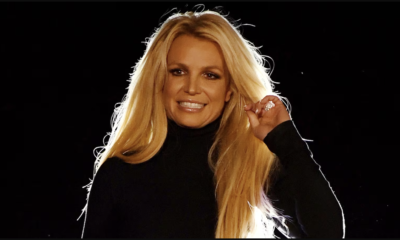Culture
India Slipped on the Academic Freedom Index, BJP’s Political Influence?
Conflict between the BJP-led Union government and various State governments over control of higher education is one of the issues highlighted in the report. The report specifically notes a steep drop in India’s academic freedom score, from 0.6 points in 2013 to just 0.2 points in 2023.
India’s academic freedom has declined significantly over the past decade, according to the “Free to Think 2024” report published by the Scholars at Risk (SAR) Academic Freedom Monitoring Project. This report, which focuses on academic freedom globally, ranks India as “completely restricted,” marking its lowest score since the 1940s. The report specifically notes a steep drop in India’s academic freedom score, from 0.6 points in 2013 to just 0.2 points in 2023.
The SAR network, which includes 665 universities such as Columbia, Duke, and New York University, has tracked academic freedom in 51 countries between July 2023 and June 2024, documenting 391 attacks on educational institutions worldwide. India is one of the countries where academic freedom has been heavily compromised, with the report highlighting various measures imposed by the government and university administrations to limit student protests and scholarly discourse.
One of the key findings of the report is the growing political influence exerted by the ruling Bharatiya Janata Party (BJP) on educational institutions. The government’s push to align higher education with a Hindu nationalist agenda has led to increased political control over universities. For instance, Jawaharlal Nehru University (JNU) and South Asian University have introduced policies that restrict protests on campus, with JNU prohibiting protests near academic buildings and South Asian University banning protests entirely. These measures have been met with resistance from student groups but remain in place.
The conflict between the BJP-led Union government and various State governments over control of higher education is another issue highlighted in the report. In Kerala, Governor Arif Mohammed Khan clashed with the State government over a legislative amendment that would replace him as Chancellor of the State’s universities. This dispute ultimately escalated to the Supreme Court, illustrating the broader tension between state and central authorities regarding educational governance.
The report also mentions individual cases of academic pressure, such as the resignation of Ashoka University professor Sabyasachi Das. Das faced public criticism from BJP leaders after he presented a research paper alleging political manipulation during India’s 2019 general elections. Additionally, international scholars like U.K.-based Professor Natasha Kaul have been barred from entering India due to their criticism of the Rashtriya Swayamsevak Sangh (RSS), further underscoring the shrinking space for academic freedom.
This decline in academic freedom raises concerns about the future of higher education in India, as political interference and restrictions on free expression continue to pose significant challenges for students and scholars alike.












































Pingback: PM Chief Economist Bibek Debroy, Niti Aayog passes away at 69